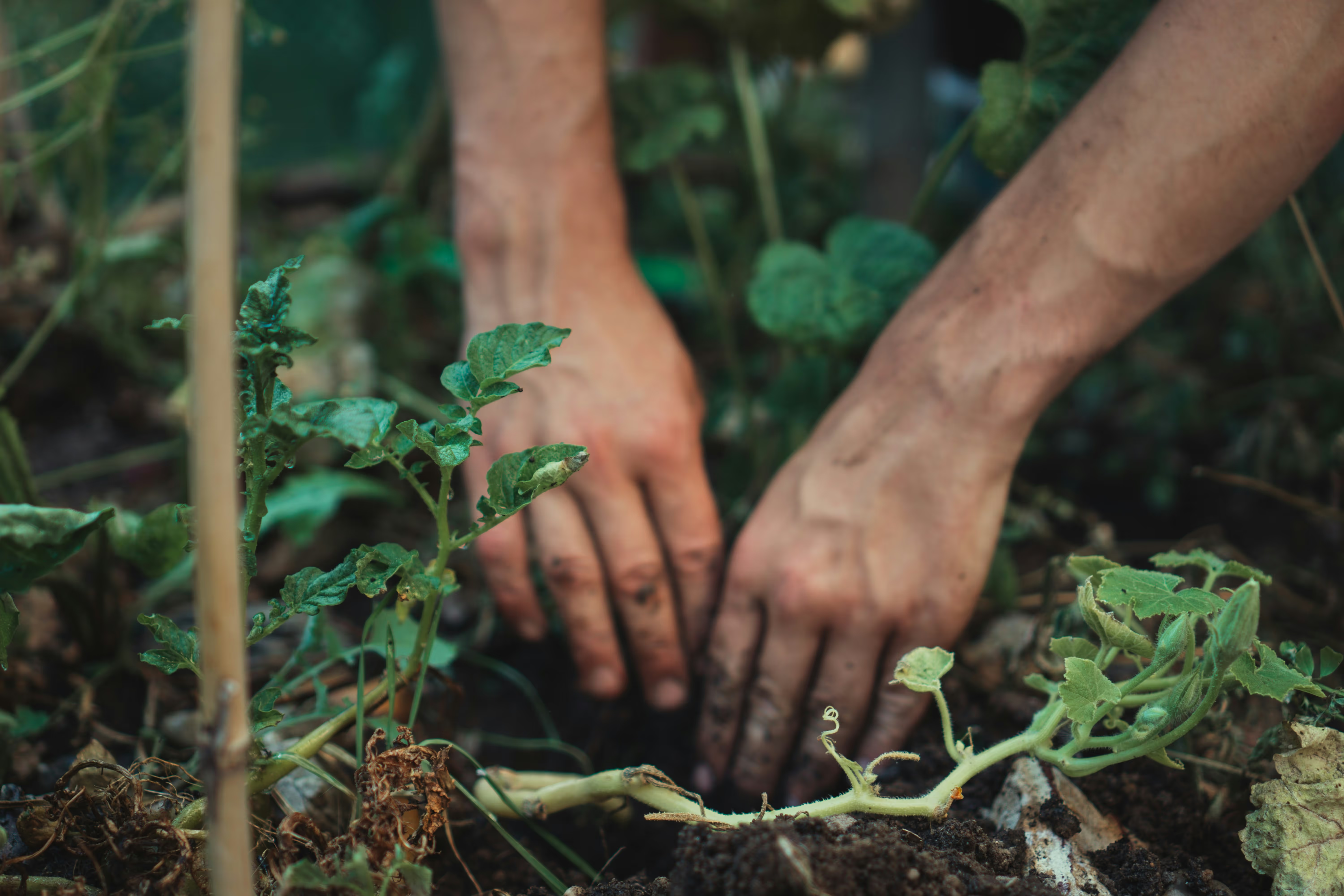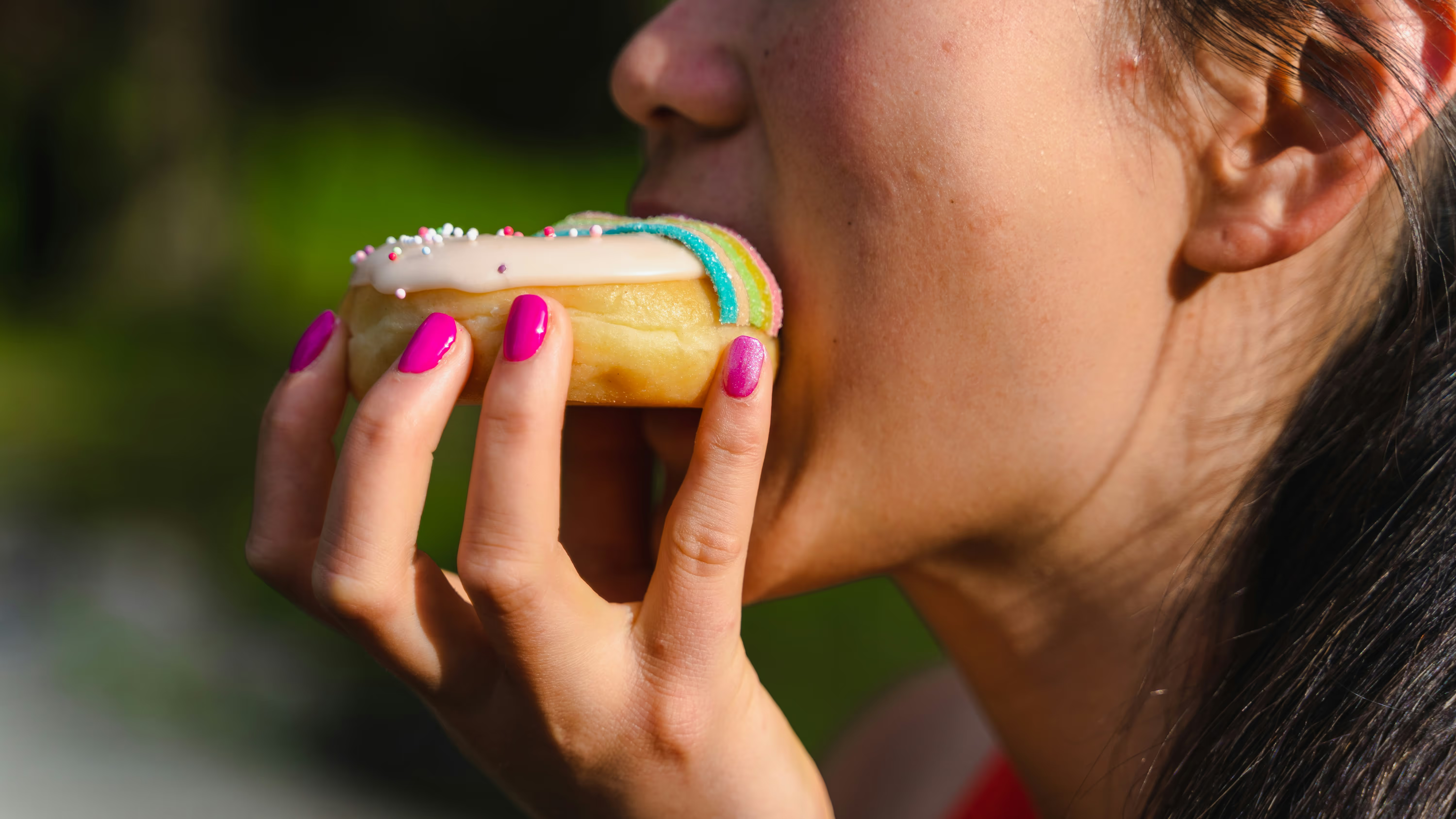You lace up your shoes for a quick walk, expecting nothing more than fresh air. But instead of zoning out, you pay attention—each step, breath and scene becomes a small moment of thanks. This isn’t about exercise for fitness. It’s about weaving gratitude into everyday movement, turning even a short stroll into a restorative ritual.
Why Movement Matters
Walking is one of the easiest ways to reset. It clears the mind, reduces tension and gently boosts mood. Adding gratitude—pausing to notice what you appreciate—shifts focus away from stress and toward presence. Together, movement and gratitude amplify one another, creating a practice that grounds both body and mind.
Gratitude Walk: A Simple Practice
A gratitude walk blends gentle activity with mindful appreciation. It can be as structured or as spontaneous as you like:
- Notice the environment around you—colors in the sky, the feel of air on your skin, the rhythm of your steps.
- Pair your steps with silent acknowledgments of thanks—for your body carrying you, for the people in your life, or for small details you might otherwise miss.
- If walking with others, share one thing each of you is grateful for as you move together.
What Actually Helps
- Begin with short walks—5 to 10 minutes is enough to feel the benefits
- Practice a few times per week, especially when stress feels high
- Alternate with seated gratitude journaling if walking isn’t possible
- Keep it simple—focus on gratitude, not on performance or pace
When gratitude accompanies your footsteps, you don’t just move through space—you move toward greater presence, balance and resilience.
Sources & Further Reading
- G. Diniz, et al. (2023). The effects of gratitude interventions: a systematic review and meta-analysis. PLOS ONE. https://pmc.ncbi.nlm.nih.gov/articles/PMC10393216/
- E. Bohlmeijer, J. Kraiss, M. Schotanus-Dijkstra, P. ten Klooster. (2022). Gratitude as Mood Mediates the Effects of a 6-Weeks Gratitude Intervention on Mental Well-Being: Post hoc Analysis of a Randomized Controlled Trial. Frontiers in Psychology. https://www.frontiersin.org/articles/10.3389/fpsyg.2021.799447/full
- AL Boggiss, NS Consedine, JM Brenton-Peters, PL Hofman, AS Serlachius. (2020). A systematic review of gratitude intervention studies which assessed physical health and health behavior outcomes. (Note: this focuses more on physical health outcomes in addition to psychological ones.) https://www.sciencedirect.com/science/article/abs/pii/S0022399920301847 ScienceDirect
- “Gratitude Interventions: Effective Self-help?” (2020). Meta-analysis of gratitude interventions that suggests modest effect sizes for well-being outcomes. Journal of Happiness Studies. https://doi.org/10.1007/s10902-020-00236-6









